
Editor
As head of the Organization for the Prohibition of Chemical Weapons, Brazilian diplomat José Bustani became an obstacle in America’s march to war with Iraq. Ousted from his position, he now revisits the chilling events that marked a turning point in global power structures.

Writer
As head of the Organization for the Prohibition of Chemical Weapons, Brazilian diplomat José Bustani became an obstacle in America’s march to war with Iraq. Ousted from his position, he now revisits the chilling events that marked a turning point in global power structures.
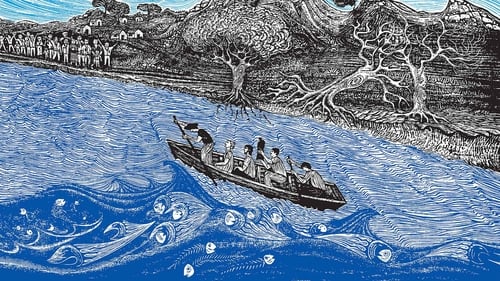
Editor
The São Francisco River crosses the Brazilian hinterland, lands marked by extreme aridity. This great river that was once impetuous and generous is now very fragile. Deforestation of its margins and overexploitation of land by intensive agriculture endanger the great diversity of its ecosystem. The lives of riverside dwellers are affected in its deepest integrity, as well as their areas. The São Francisco River is the vital flow of their existence and the central place of their hopes and imagination, but the general feeling is that if the river dies, everything will disappear with it. Women are at the forefront of resistance. They struggle daily to allow for the possibility of a future. Their children also claim this identity, which it is up to them to renew and make fruitful.
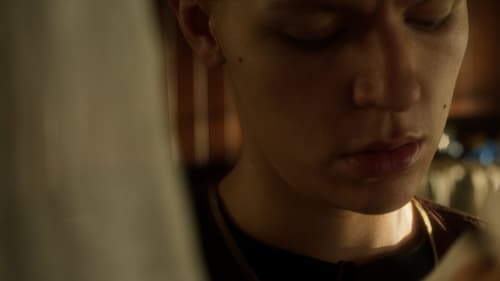
Editor
La tierra natal de Eami es invadida por los colonos. Encarnando a Asojá, la mujer – dios de los pájaros, la niña cae en un trance en el que camina lentamente y aturdida por su amado bosque mientras se prepara para abandonarlo para siempre.
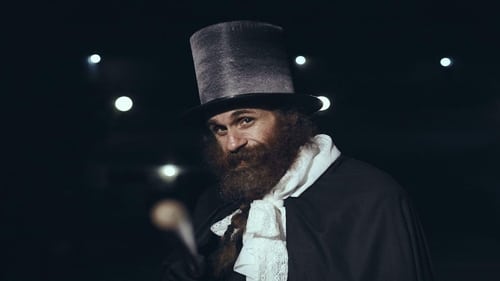
Editor
For two decades, Cine Marrocos, a movie theatre in the heart of São Paulo, was one of the most popular and opulent of the city. After it was closed, in 1972, it was occupied by a homeless workers' movement. The documentary tells the story of the people who lived there, alternating scenes from an acting class with those of the movies exhibited there in the past.

Editor
In 1970, at the height of repression by the military dictatorship, five imprisoned guerrillas came to the public to renounce the armed struggle and praise the regime. With the repercussion of the declarations, the government decided to transform the retractions into a State practice. He started to torture opponents to make mea-culpa. Until 1975, around forty prisoners participated in the “repentances”, as they became known. Os Arrependidos recounts the little-remembered story of former militants who, very young, dropped everything to risk their lives for a cause, were arrested and tortured, and became a propaganda weapon for their enemies.

Editor

Editor
Nheengatu – The Language of the Amazon takes us on a journey along the Negro River, on the trail of this language imposed on indigenous people by the first Portuguese colonialists who landed in Brazil in the 15th century. Throughout the various encounters with local communities that still speak this language, the director faces the different cultural, historical and social issues that confront tradition and future.
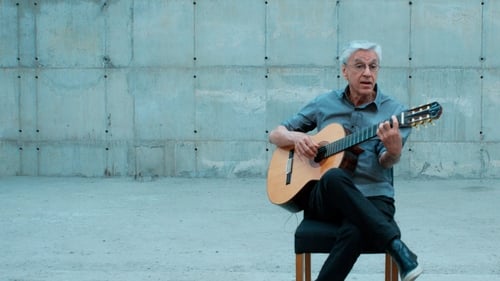
Editor
Brazilian singer-songwriter Caetano Veloso reflects on his imprisonment in 1968, during the military dictatorship.

Editor
The daily life and development of young models of an agency located in the Jacarezinho favela, North Zone of Rio de Janeiro.

Editor
Three Brazilians live different stages of the same choice: to be a warrior in a great army of a foreign nation. Discover stories of characters who have enlisted in the Foreign Legion, Israel and the United States.

Editor
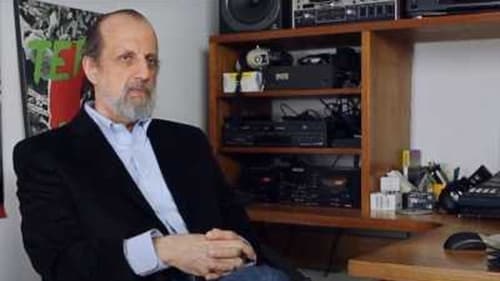
herself

Editor
Aunque una vez Brasil fue un país lastrado por una dictadura militar, el 2002 se produjo uno de los acontecimientos más importantes de su historia social: la elección de Lula da Silva como presidente, un activista que había luchado largo y tendido para defender los derechos del pueblo carioca. Bajo su mandato, más de 20 millones de personas lograron superar el umbral de pobreza. En 2010, Lula cedió el testigo del poder a un prodigio llamado Dilma Rousseff. Por desgracia, la corrupción institucional alcanzó al pueblo llano que, influenciado por un juez partisano, acabó poniendo la lupa sobre Lula y Dilma, así como sobre cualquier persona que no estuviese dispuesto a bailar a su son. Este documental explica el proceso que llevaría a ambos políticos a juzgados por distintos crímenes judiciales.

Editor
In 2014, Andrea Beltrão, Malu Galli and Mariana Lima decide to make a theatrical spectacle. Maria Flor asks to attend the rehearsals and register with her camera the process of creating the piece. While observing the actresses on the scene and accompanying the construction of the work, the girl ends up identifying in the assembly the representation of the course of her own life and her profession

Editor
The Birth of a baby is a very special moment and it’s no different for the reborn moms, with the difference that their children come by means of storks. This is the name given to artisans who turn vinyl molds into hyper-realistic dolls. The narrative follows as a production line, going through the process of manufacturing, industrial and craft, which gives the dolls hyper-realistic features. And it approaches end consumers, collectors or people who adopt care routines, just like we give away to our children. A film about the pure and simple feeling of motherhood – and the market that grows around it.

Editor
The film is the life of a woman from birth to death. All scenes will be real. The character will be lived by several people, of different ages, in different regions of the country. Filmed as a documentary, it will be transformed into fiction through the manipulation of images.

Editor
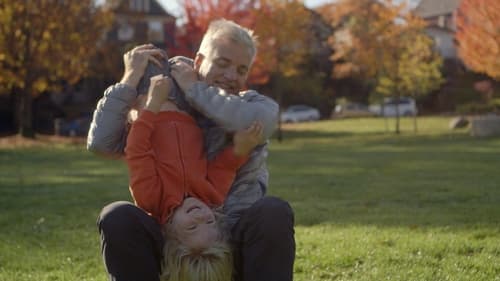
Editor
One of the greatest neuroscience breakthroughs is having discovered that babies are far more than a genetic load. The development of all human beings lies on the combination of genetics, the quality of the relationships and the environment they are set on. The Beginning of Life invites everyone to reflect: are we taking good care of this unique moment, which defines both the present and future of humankind?

Writer
Born in Arcoverde, in the backlands of Pernambuco, the lonely boy who was raised by his father after his mother left, João Silva soon discovered a passion for the northeastern rhythms, such as the baião, xote and forró. He went to Rio de Janeiro when he was still a little boy to meet the idol Luiz Gonzaga. Both men, who were not very fond of each other when they first met, became not only great friends but also partners in many hits like “Doutor do Baião”, “Nem se Despediu de Mim” and “Pagode Russo”.

Editor
Born in Arcoverde, in the backlands of Pernambuco, the lonely boy who was raised by his father after his mother left, João Silva soon discovered a passion for the northeastern rhythms, such as the baião, xote and forró. He went to Rio de Janeiro when he was still a little boy to meet the idol Luiz Gonzaga. Both men, who were not very fond of each other when they first met, became not only great friends but also partners in many hits like “Doutor do Baião”, “Nem se Despediu de Mim” and “Pagode Russo”.

Editor
El tardío director Eduardo Coutinho se sienta y habla con jóvenes estudiantes brasileños en su último documental.

Editor
Todas las semanas hordas de mujeres se reúnen a las puertas de las cárceles de hombres en todo el conjunto de Brasil. Son madres, hermanas y, en la mayoría de los casos, los presos esposas. Corazones cautivos ...

Editor
After an initial meeting in 1964 interrupted by military dictatorship and a new meeting in the early 1980s to end the film "Twenty Years Later", Eduardo Coutinho once again find Elizabeth Teixeira, survivor of peasant struggles.

Editor

Editor
Documentary on ethnic relations in Brazil.
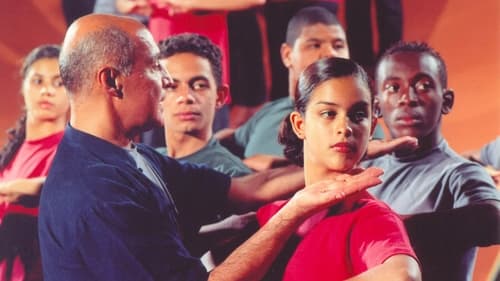
Editor
Sixty-six adolescents, residents of Favela da Maré, were selected to participate in a dance show led by the choreographer Ivaldo Bertazzo, which incorporated their own daily experiences. Ten years later, directors David Meyer and Helena Soldberg search for some of the participants of this experience.

Editor
Today, one third of Brazilian children are overweight. This is the first generation to introduce diseases previously restricted to adults, such as depression, diabetes and cardiovascular problems. This documentary examines the case of childhood obesity in the country especially, but also in other countries in the world, interviewing parents, school representatives, and government officials responsible for food advertising.

Editor
Zulmira is an old mistress who lives in the neighborhood of Estacio, in Rio de Janeiro. One day she wakes up obsessed with the idea of dying. All she needs is a good coffin. A tribute to Leon Hirszman's "The Deceased", the first film starred by Fernanda Montenegro.

Editor

Editor
Simple, emotionally compelling documentary that delves into the songs that hold meaning in people's lives. It is composed of 18 sessions where the director engages his subjects in conversation about the song they picked. The end product is deeply personal stories about music and its intimate connection to memory, love, loss, self-discovery, regret, death, and life.

Editor
A documentary on the life of renowned Brazilian musician Marcelo Yuka, who was shot nine times in the streets of Rio de Janeiro in 2000 and became one of the main voices of social justice and peace in Brazil.

Editor
Divided in five segments, "Todo Mundo Tem Problemas Sexuais" follows the story of different couples, each having various problems in bed.

Editor
If you thought TV shows in which audiences and juries judge musical acts were a relatively new phenomenon, you'd better think again. In the 1970s, such "festivals" were incredibly popular in Brazil. They were recorded before a live studio audience, and usually featured a number of elimination rounds. They also formed the springboard for the career of many a big-name star, such as Chico Buarque, Caetano Veloso, Roberto Carlos and Gilberto Gil. Appearing on such a program was no cakewalk, however: audiences could be as wild in their condemnation as in their appreciation of an artist. Extensive archive footage (including performances and behind-the-scenes interviews) from a turbulent final of the Festival of Brazilian Popular Music one evening in 1967 paints a fascinating picture, not only of the transformation of Brazilian music into real "festival" music, but also of a society starting to buck against the yoke of military rule.

Editor
Six people, one family, ten years later. Dois Tempos resumes the narrative of the lives of the Braz, created in 2000, in the documentary A Família Braz. In 2010 the same directors return to the same house to update the portrait of the six characters. A decade later, what has been done with your expectations of the past, how you live life in the present and what to provide for the future.

Editor
Continuing the exploration of the thin line between truth and performance, Eduardo Coutinho turns his attention to the drama generated during rehearsals for the Galpão Theater Company’s performance of Chekov’s The Three Sisters. As he shoots scenes from the play, Coutinho attempts to capture the very moment in which reality becomes fiction and vice versa—whether through the actors’ bodies and words or in backstage scenes of a performance that will exist only on film.

Editor
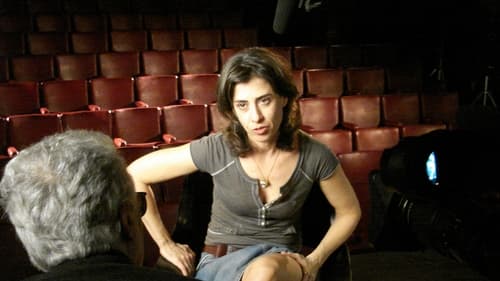
Editor
Following a newspaper ad, ordinary women tell part of their life stories to director Eduardo Coutinho, which are then re-enacted by actresses, blurring the barriers between truth, fiction and interpretation.

Editor
Documental sobre la vida y obra del arquitecto brasileño Oscar Niemeyer (1907), uno de los personajes más influyentes de la arquitectura moderna y pionero en la exploración de las posibilidades constructivas y plásticas del hormigón armado.
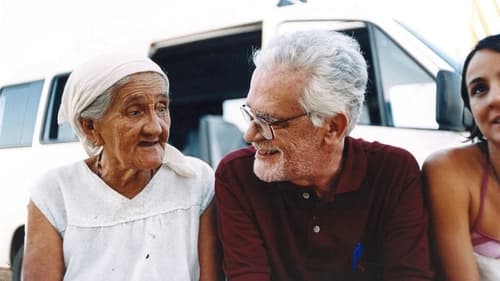
Editor
A film that began from zero. Without any previous research, characters, locations or established themes, a film crew arrives at the Paraiba backlands in search of people with stories to tell. In the town of São João do Rio Peixe, they discover the Araçás Farm, a rural community where 86 families live, the majority connected by family ties. Thanks to the mediation of a young woman from Araçás, the residents – consisting mostly of elderly people – tell their life stories, marked by popular Catholicism, hierarchy, a sense of family and honor. A world on the verge of disappearing.

Editor
What makes a free woman choose a prisoner to develop a loving relationship? “The Visit” is a film about love in this special condition. Among the characters, some met their partners in the penitentiary; others had been visiting their husbands for decades. They feel valued by them and say they are well loved. They are women who insist on a relationship full of constraints and privations, even suffering various consequences of this option on a daily basis. In this film the prison universe is almost exclusively present in the report of the women, and never from the point of view of the husbands.

Editor
An accident involving a flying manhole cover leads to a chance meeting between two childhood friends: a widow and the owner of a beauty parlor. Thus begins an entertaining game of seduction that brings memories and hidden desires to the surface - furtive passions that end up threatening the hairdresser's de facto marriage.
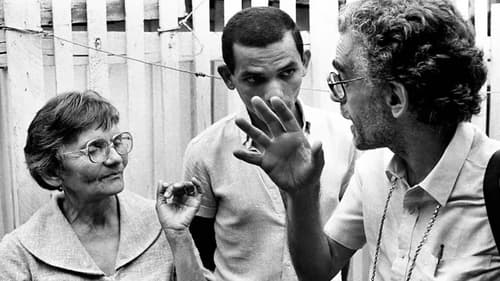
Editor
In 1979 and 1980, workers in São Paulo’s metallurgical industry organized a series of strikes that changed the face of union politics in Brazil. In the process, they established the groundwork for Brazil’s Worker’s Party and brought to the national spotlight union leader Luís Inácio Lula da Silva. Metalworkers is a feature-length documentary about the stories of 21 of these workers who took part in these historic strikes but remain in relative anonymity today.

Editor
"Master" is the name of a 12-story apartment building in Copacabana, Rio de Janeiro's neighborhood for nightlife. Over the course of four weeks in 2001, Eduardo Coutinho's film crew rented one of the 276 apartments and used it as home base to make a film about the building's residents. We get to know the building manager, who succeeded in turning the troubled residence into a family complex within just a few years. Using interviews and a few stolen moments in the corridors of the building, Coutinho explores this world. Most of the building's residents come from the lower middle class and are just getting by, but that's just about the only thing they have in common - so many people, so many stories, sometimes told in a self-confident tone, sometimes with averted eyes. The fact that a film crew is interested in their stories puzzles some of them. Hope, fear, dreams, memories, love and loneliness all appear from behind the doors of this average apartment building.

Editor
Gilberto Gil's 2002 album combines Brazilian pop with roots reggae. Featuring 11 of Bob Marley's greatest hits recorded in Tuff Gong Studios, Kingston, Jamaica. Includes special guest appearances from members of Bob Marley & The Wailers group. 16 tracks. Warner Music Latina.

Editor
Documentary on poor people living in a slum in Rio de Janeiro, on the occasion of New Year's Eve of 1999.

Editor

Editor
An overview of brazilian spirituality and religions.

Editor
Six stories of children and adolescents who had their rights violated, and the reality of the Rights Councils and Guardianship Councils (newly created in 1995) of two Brazilian cities, Blumenau and Belo Horizonte.

Editor
Nowadays technology has become the center of pregnancy experience, guiding expectants steps and dominating their lives during the months of child-bearing. Medical exams have been transformed in a show, motivating a range of fetus souvenirs creations, like pendants and other paraphernalia. Brazil is pioneer in transforming three-dimensional intrauterine images into objects for different purposes.







































